Buying Some Farm Land Near Naples - What Should I Be Aware Of?
rusticbohemian
12 years ago
Related Stories
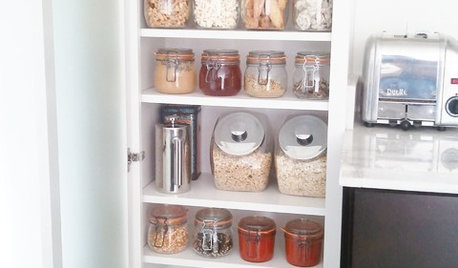
HEALTHY HOME6 Tips From a Nearly Zero-Waste Home
Lower your trash output and increase your quality of life with these ideas from a mom who did it to the max
Full Story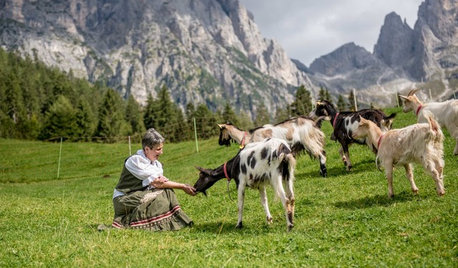
FARMHOUSESWorld of Design: See How 9 Families Live and Farm on Their Land
Join us as we visit the homes and farms of passionate food producers and hear about rural life around the globe
Full Story
HOUZZ TOURSHouzz Tour: Family Builds Off the Grid Near the Cascade Mountains
Homeowners carefully construct a weekend home on 20 acres in remote northeast Washington
Full Story
KITCHEN COUNTERTOPSKitchen Counters: Concrete, the Nearly Indestructible Option
Infinitely customizable and with an amazingly long life span, concrete countertops are an excellent option for any kitchen
Full Story
KITCHEN DESIGNHow to Lose Some of Your Upper Kitchen Cabinets
Lovely views, display-worthy objects and dramatic backsplashes are just some of the reasons to consider getting out the sledgehammer
Full Story
EXTERIORSCurb Appeal Feeling a Little Off? Some Questions to Consider
Color, scale, proportion, trim ... 14 things to think about if your exterior is bugging you
Full Story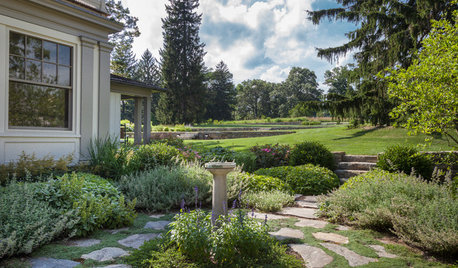
TRADITIONAL HOMESHouzz Tour: Connecticut Farm Restored for Generations to Come
A man renovates his extended family’s stately farmhouse and land. Sustainable practices are used in gardens, wetlands and recreation areas
Full Story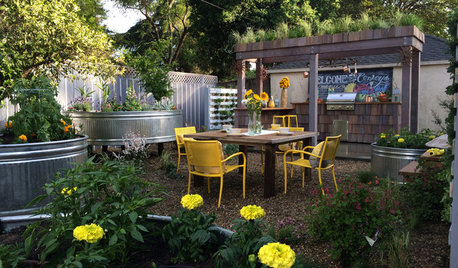
FARM YOUR YARDRemake Your Backyard Into a Mini Farm
You can get a taste of country life by line-drying your laundry, growing some produce or going whole hog with the critters
Full Story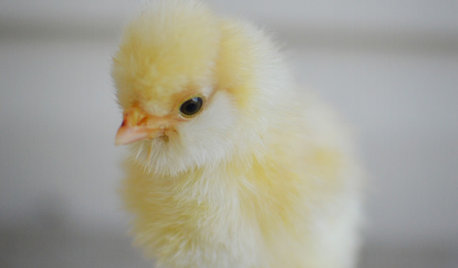
PETSWhat You Need to Know Before Buying Chicks
Ordering chicks for your backyard coop? Easy. But caring for them requires planning and foresight. Here's what to do
Full Story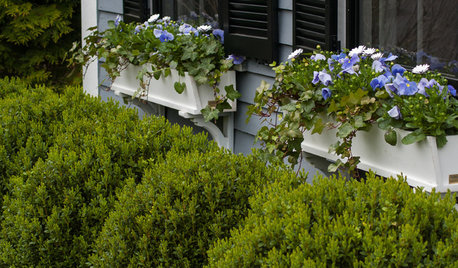
GARDENING GUIDESMake Sure You Read This Before Buying New Plants
Follow these 10 plant-selection tips to avoid buyer’s remorse
Full Story


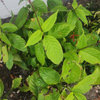

ritaweeda
westhamutd
Related Discussions
Buying New Farm Land
Q
Can I obtain a land grant to form a public garden or u-pick farm?
Q
Can I obtain a land grant to form a public garden or u-pick farm?
Q
Can I obtain a land grant to form a public garden or u-pick farm
Q
imagardener2
thonotorose
pnbrown
dirtygardener73
slopfrog
pnbrown
dirtygardener73
pnbrown
gatormomx2
pnbrown
pnbrown
mucky
writersblock (9b/10a)
gatormomx2
pnbrown
tomncath
pnbrown
imagardener2
tomncath
thonotorose
pnbrown
loufloralcityz9
pnbrown
loufloralcityz9
thonotorose
loufloralcityz9
pnbrown
thonotorose
edithculkins
garyfla_gw
mrs_tlc
sandy808
sharbear50